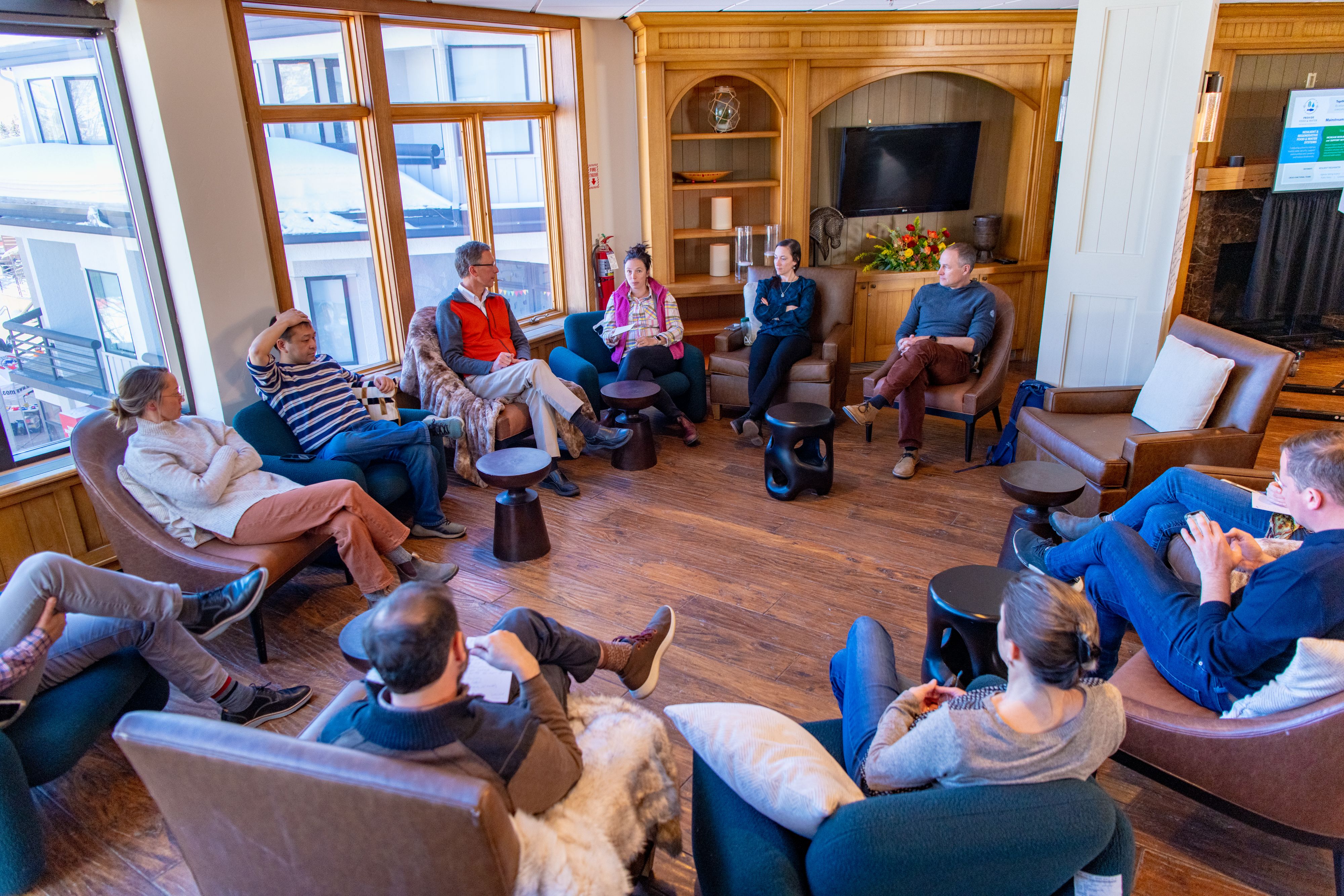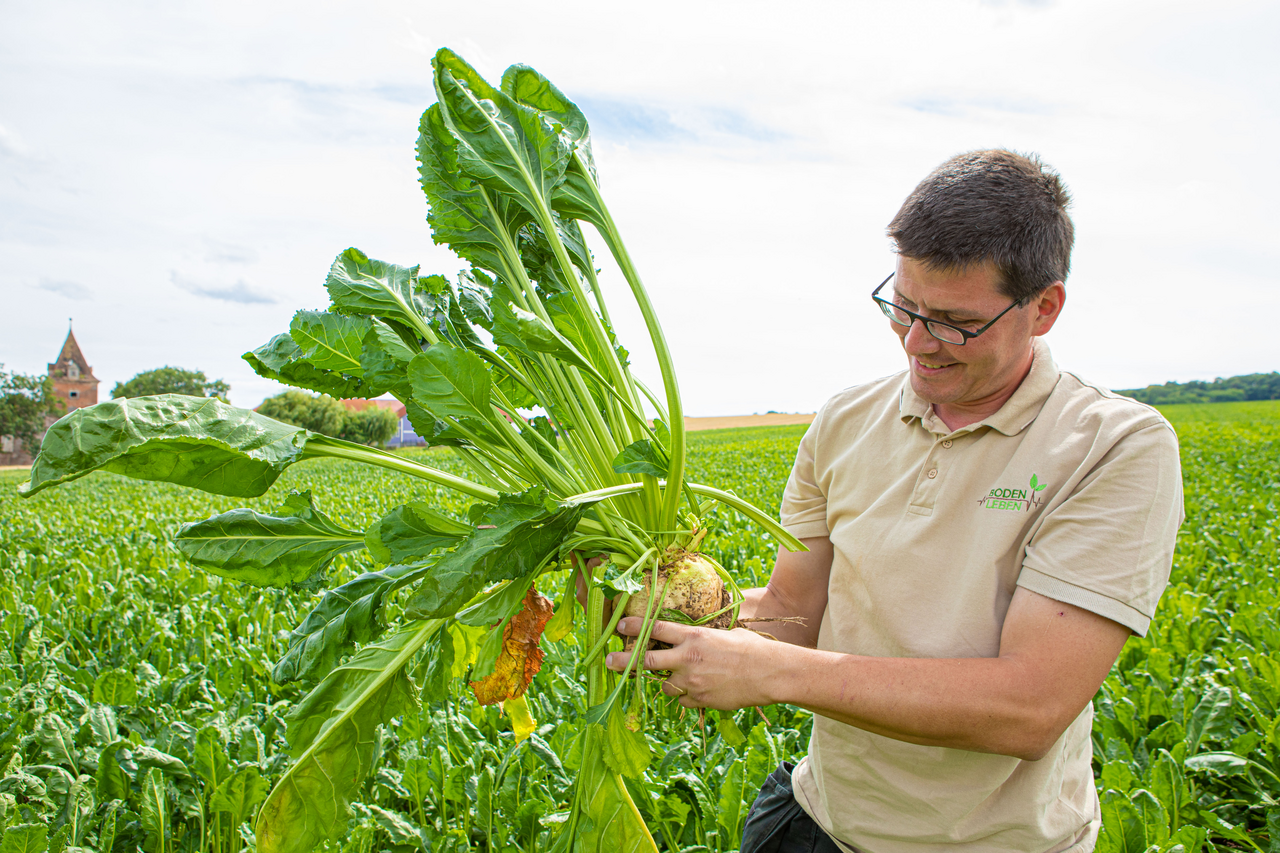A productive collaboration, forged through earned trust
“The intersection of science and industry is messy. But when you succeed, the scale of impact is so big.”
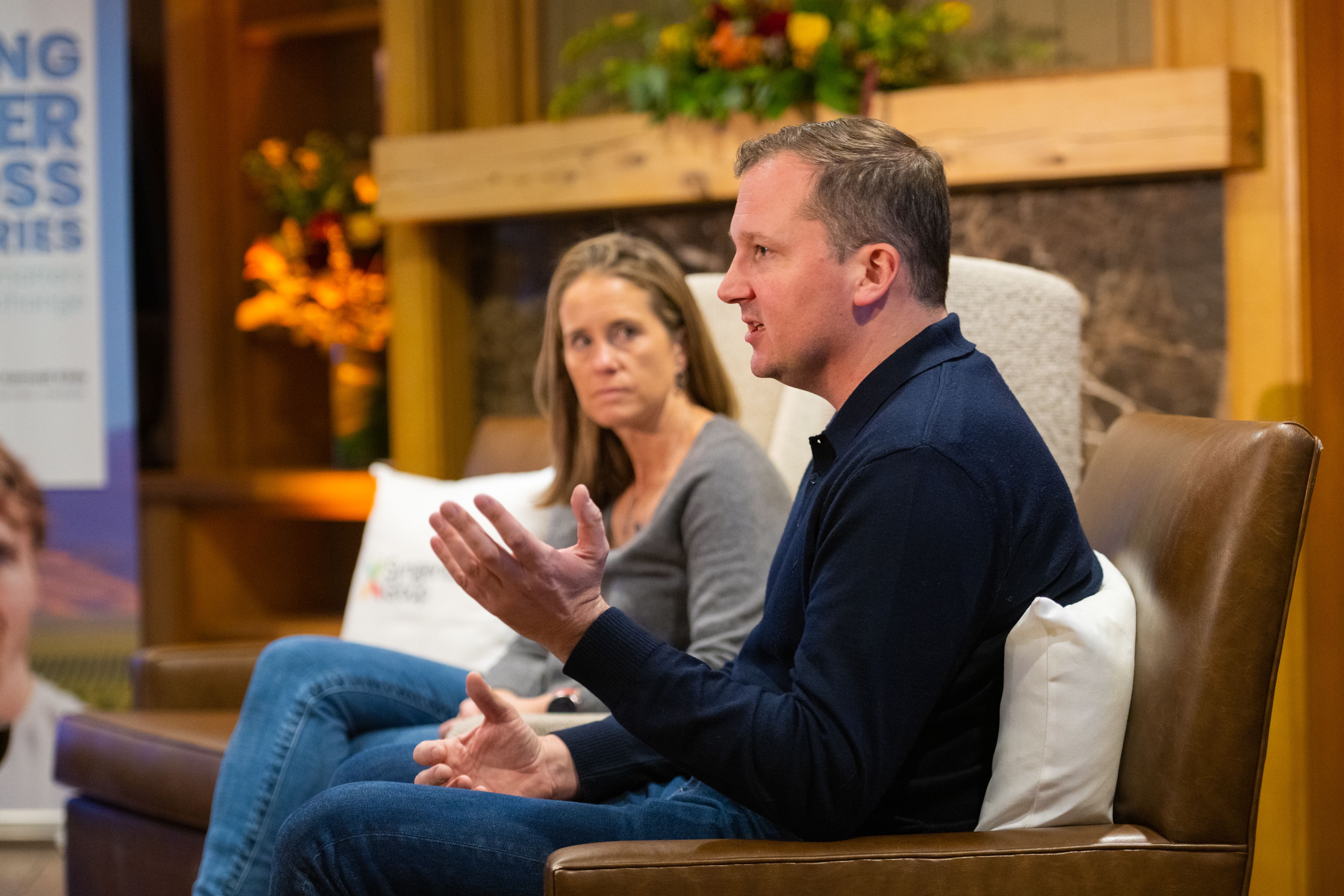
When Syngenta Group and The Nature Conservancy (TNC) struck a strategic relationship back in 2017, both parties recognized it was an unconventional collaboration.
“The idea gave me pause,” recalled Michael Wironen, TNC’s Director of Corporate Engagement for Food & Water. The large-scale collaboration between one of the world’s leading conservation non-profits and one of the world’s largest industrial agriculture companies came with significant potential risks – on both sides.
“But it’s been worth it,” Wironen said. “The intersection of science and industry is messy. But when you succeed, the scale of impact is so big. That inspired me.”
Liz Hunt, the Head of Sustainable and Responsible Business in North America for Syngenta Group, has helped lead the TNC collaboration. “There have been some hard conversations, but it has worked out,” Hunt said. “Syngenta is striving to bring climate-smart solutions to farmers. Sustainability is hard. We need partnerships.”
Hunt and Wironen shared their recollections and viewpoints at the recent workshop where TNC, Syngenta Group and scientists from academia gathered to start drawing a roadmap to the agricultural future — a future in which farming would be increasingly sustainable, even as it becomes more productive and profitable. Both Hunt and Wironen agree this collaboration was a risk worth taking.
The TNC-Syngenta Group collaboration, now in its sixth year, has achieved some notable successes, including:
- Reverte in Brazil. A joint effort by TNC, Syngenta Group, the major bank Itaú BBA and Embrapa, a Brazilian public agricultural research institute. The aim: to restore soil fertility in degraded pastures to discourage further deforestation. More than 100,000 hectares (247,105 acres) are already under management in the program, with a goal of 1 million hectares by 2030.
- MAP in China. TNC has collaborated with Syngenta Group’s Modern Agricultural Platform (MAP) program in China to introduce no-till farming and other sustainability techniques in the production of soybeans and corn. The program has improved soil health, while enabling the farms to reduce water use by 7%.
- Dairy Feed in Focus. Initiated as part of the collaboration, the program began in Michigan and Wisconsin and is planned for expansion to other leading dairy states, encouraging dairy farmers to adopt more sustainable — and more sustainably profitable — practices in growing feed crops for their herds. Nestle, the global food giant and a major player in the dairy industry, is a key partner, along with the industry trade group Dairy Management Inc.
To drive industry transformation, TNC and Syngenta group have collaborated on joint public communications, including a scientific paper on soil health and a joint opinion article in Fortune magazine, by TNC’s CEO, Jennifer Morris, and Syngenta Group’s CEO, Erik Fyrwald.
Wironen said he looks forward to continuing the joint work with Syngenta Group. “Seeing the collaboration and commitment between our two organizations underscores how catalytic these relationships can be for conservation and potential industry transformation,” he said.
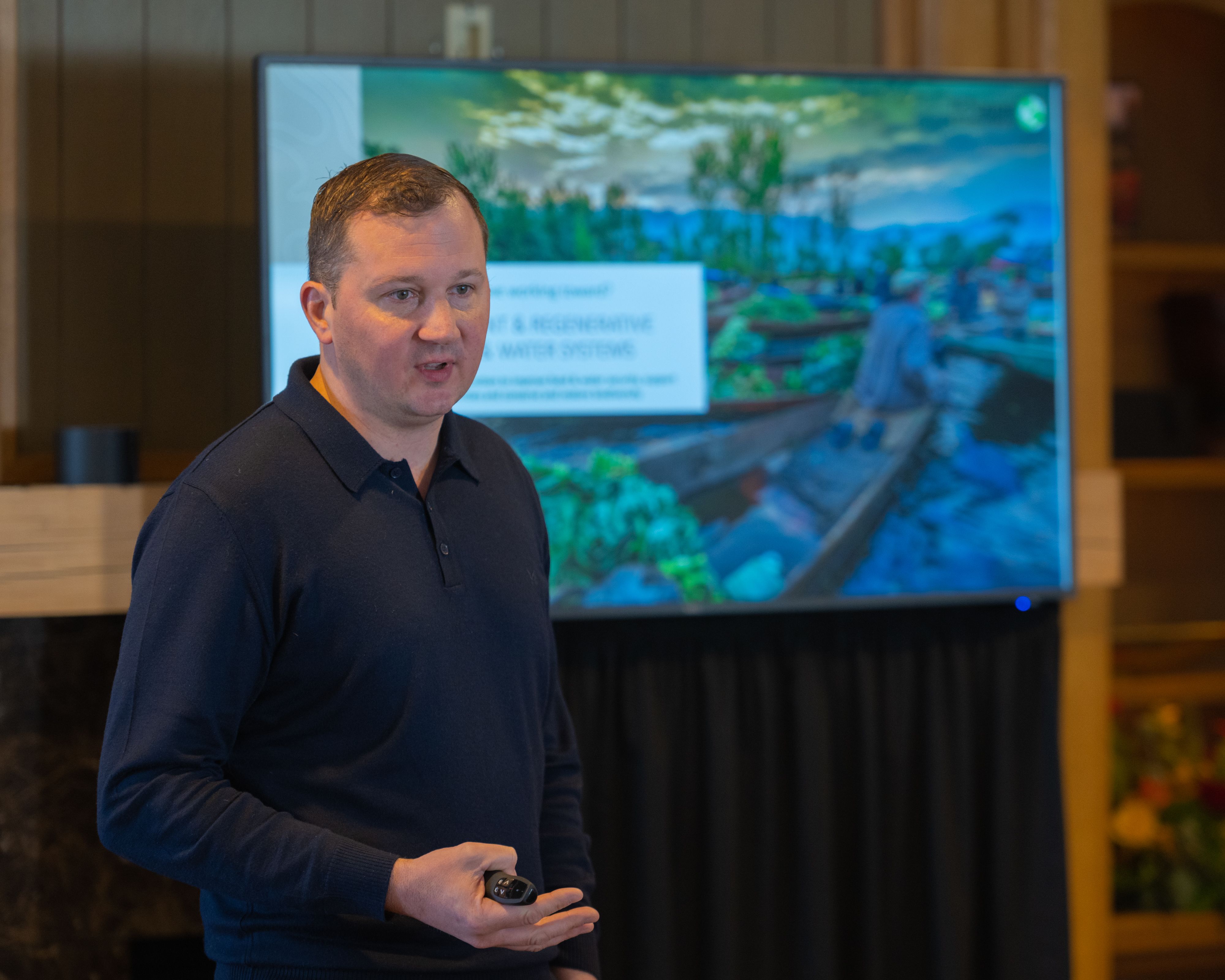
Michael Wironen, Director of Corporate Engagement for Food & Water for The Nature Conservancy
Michael Wironen, Director of Corporate Engagement for Food & Water for The Nature Conservancy
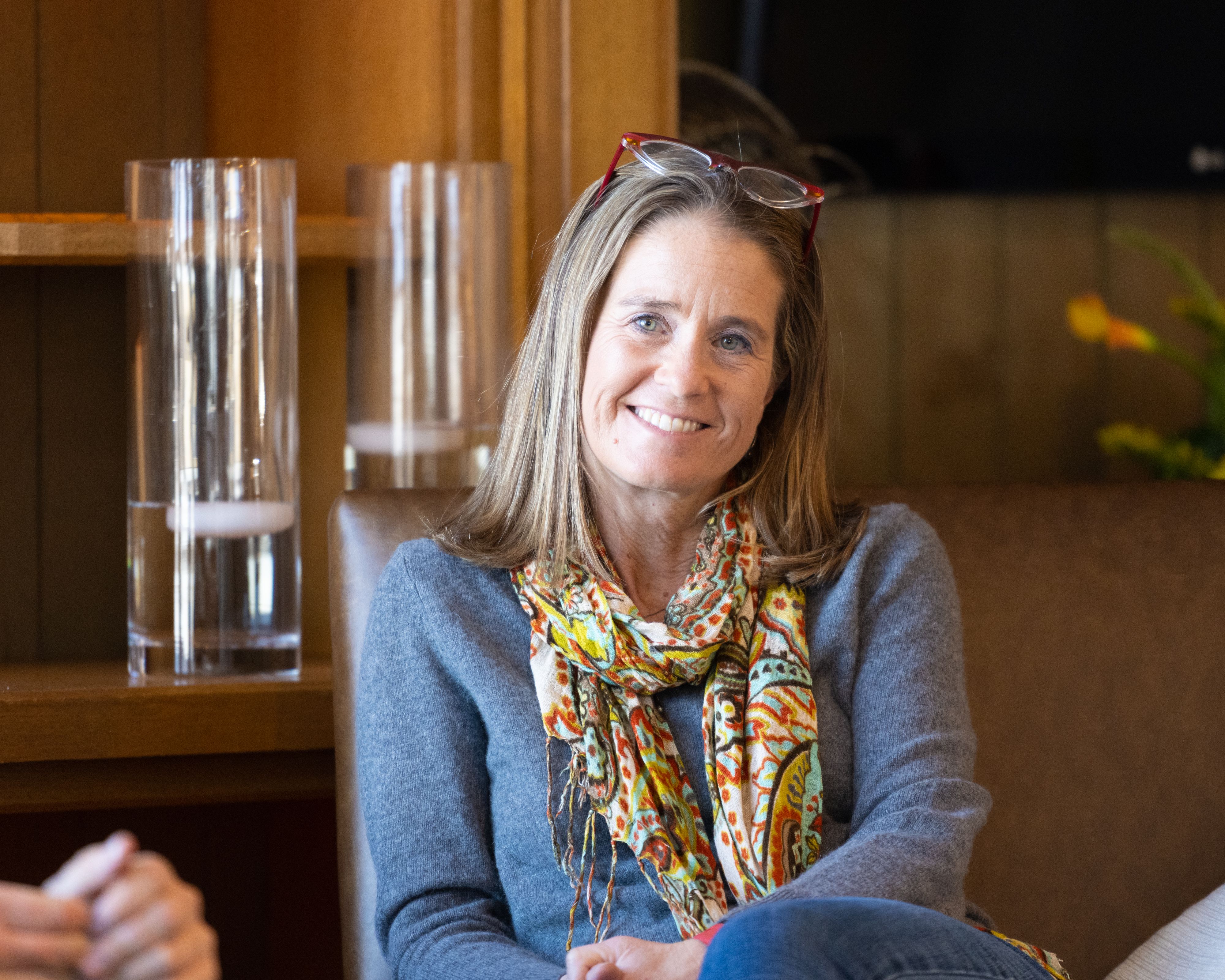
Liz Hunt, Head of Sustainable and Responsible Business in North America for Syngenta Group
Liz Hunt, Head of Sustainable and Responsible Business in North America for Syngenta Group
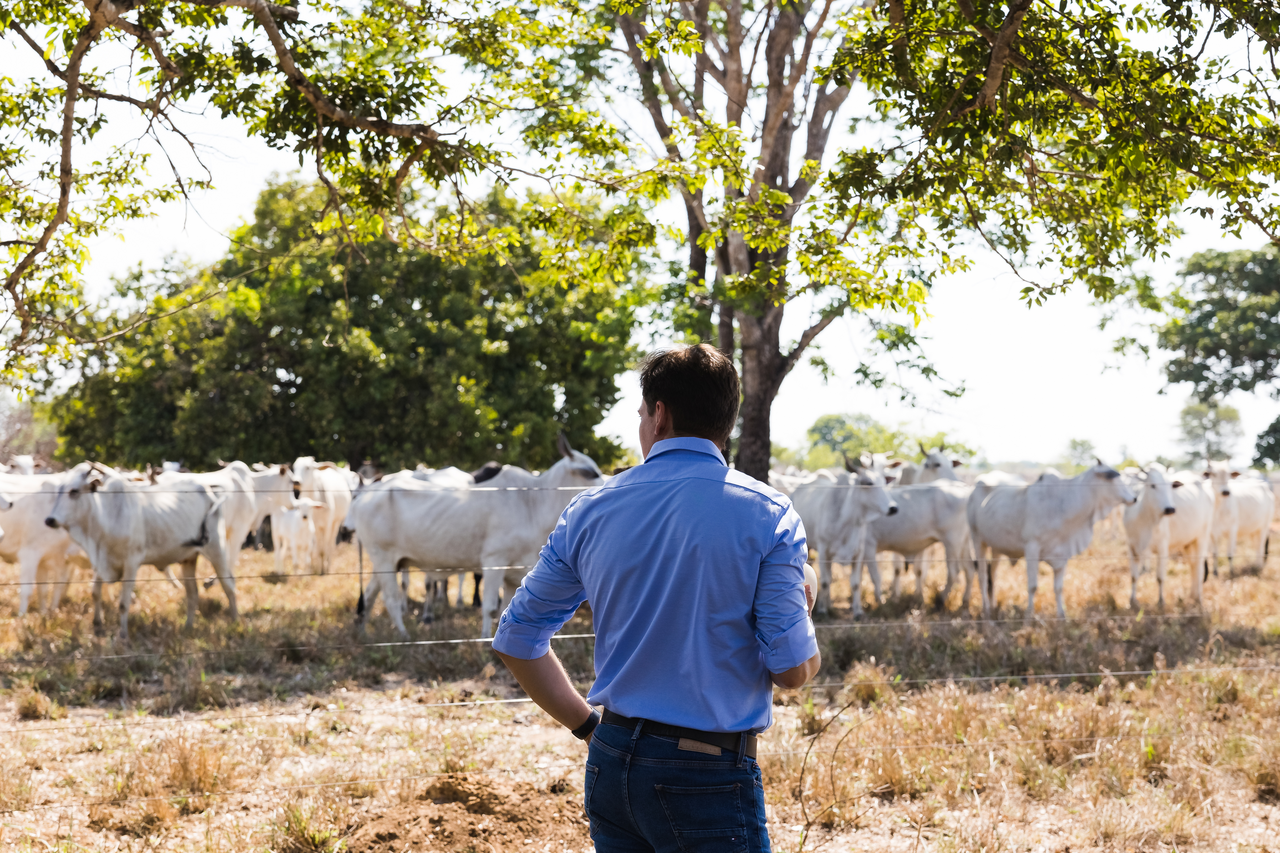
Farmer watching his cattle - REVERTE project, Gurupi, Brazil
Farmer watching his cattle - REVERTE project, Gurupi, Brazil
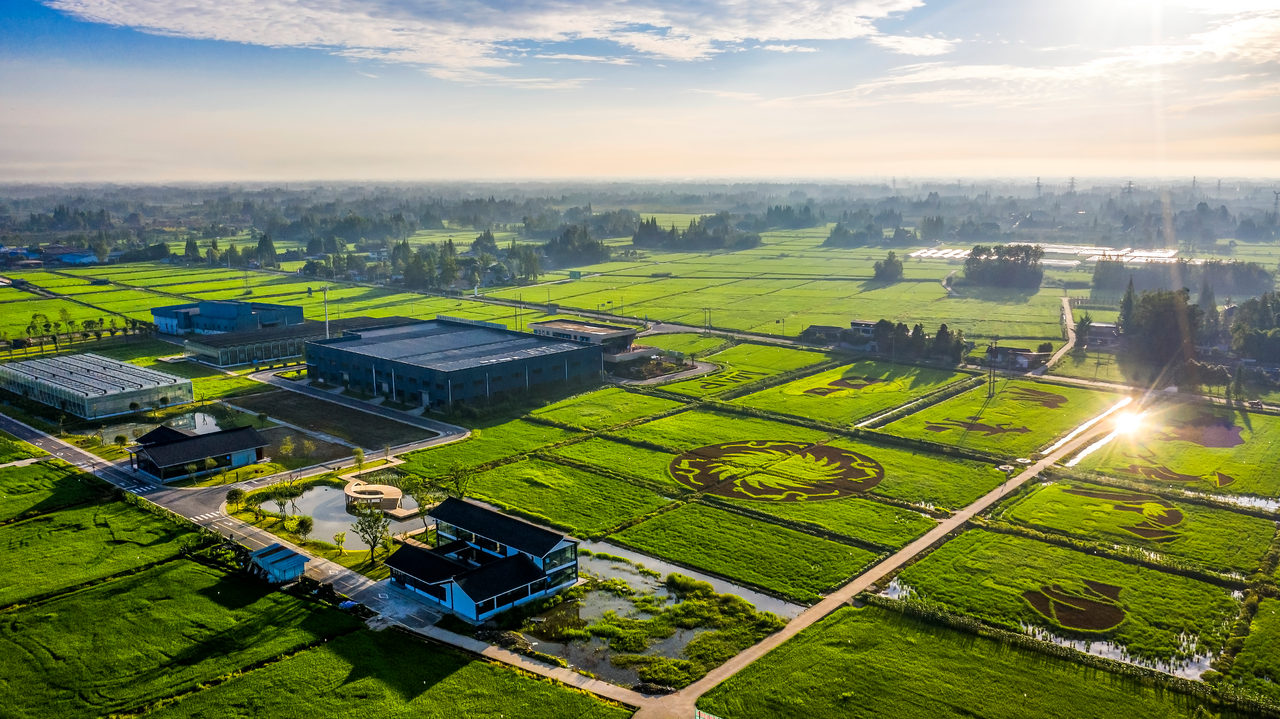
MAP Center - Chongzhou, Sichuan, China
MAP Center - Chongzhou, Sichuan, China
Find out more about Syngenta Group and Regenerative Agriculture
The Path to ‘Disruptive Agronomy’
At a recent Syngenta Group workshop, academic scientists and environmentalists brainstormed ways to make agriculture even more climate friendly while also improving farmers’ productivity and profitability.
Dry Land Gets New Life
Can a pioneering farming family really combat climate change with regenerative agriculture?

